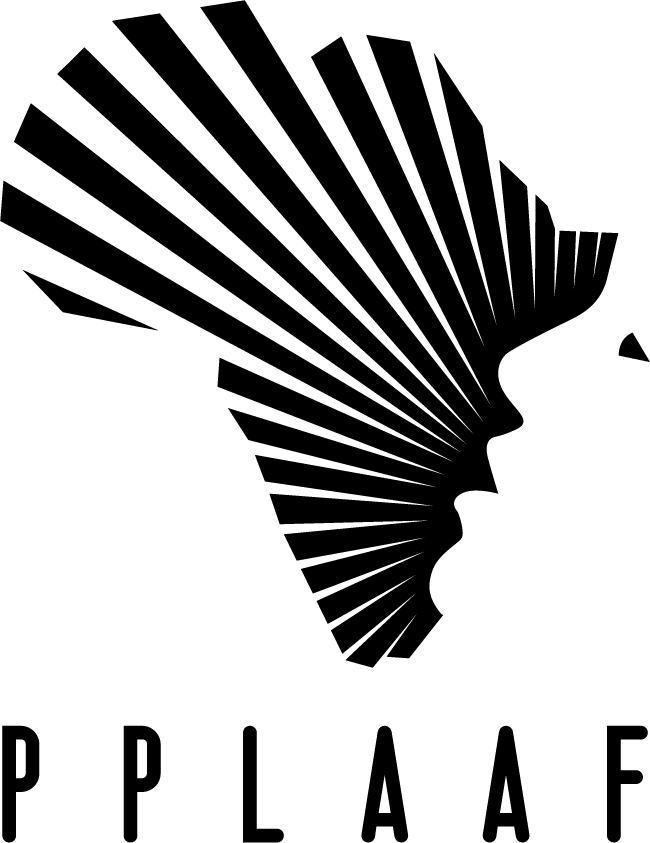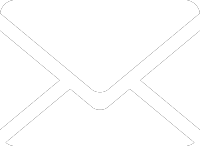2 July 2020, London & Paris – Controversial billionaire Dan Gertler appears to have used a money laundering network stretching from Democratic Republic of Congo (DRC) to Europe and Israel to evade US sanctions against him, funnel millions of dollars abroad, and acquire new mining assets in DRC, Global Witness and PPLAAF reveal today in a joint investigation, Undermining Sanctions.
The groundbreaking evidence shines a light on the workings of Gertler’s complex business empire and a system apparently designed to conceal the movement of millions of dollars. This scheme would allow Gertler to continue reaping the vast financial benefits of his business deals in DRC, despite being sanctioned by the US in December 2017 for “opaque and corrupt mining and oil deals”.
The sanctions against Gertler, a close personal friend of DRC’s long-time former President Joseph Kabila, prohibit him from doing business with US citizens, companies, or banks. PPLAAF and Global Witness today reveal evidence indicating that despite this, Gertler may have found a way to continue to handle US dollars, consolidate his fortune and even acquire new assets in DRC.
“This investigation offers an unprecedented insight into the intricacies of what appears to be a major international sanctions evasion and money laundering scheme,” said Margot Mollat, Campaigner at Global Witness.
The revelations highlight critical loopholes and lapses in international sanctions enforcement and anti-money laundering frameworks, with lax banking regulations, lawyers and corporate secrecy enabling the scheme.
“PPLAAF and Global Witness’ analysis, based on documents provided by whistleblowers despite great risks to their personal safety, uncovers a complex web of shell companies, secret bank accounts and proxies apparently put in place to assist Gertler and his accomplices,” said Gabriel Bourdon-Fattal, project manager at PPLAAF.
The investigation lays bare the ways in which the loopholes of the international financial system may have been exploited by Gertler to dodge sanctions.
“Our investigation appears to show how the machinery of the global economy can be employed by bad actors for their own personal profit, and in this case to the detriment of the Congolese population, over 73% of whom live on less than $2 a day,” said Mollat.
The report also shows how two major international mining companies operating in DRC, Sicomines and ERG, appear to have made payments to customs and logistics agencies controlled by Gertler or his associates while Gertler was already under US sanctions. The multinational commodities giant Glencore, which has ties to Gertler stretching back to 2007, has also continued to make highly controversial royalties payments to him, despite US sanctions.
The report’s findings suggest that Gertler relocated his business interests from secretive offshore tax havens to DRC with the help of proxies. Gertler and his network of proxies then set up bank accounts at the Congolese branches of Cameroon-based Afriland First Bank. New names started to appear on both companies and bank accounts connected to Gertler in a variety of subtle ways, including the name of someone implicated in a VAT carbon tax fraud costing the EU €5 billion.
In total, between June 2018 and May 2019, at least $100 million flowed through bank accounts associated with this network. Much of it was denominated in US dollars, despite the US sanctions, and almost 70 percent of it was deposited in cash into accounts apparently connected to Gertler or his associates.
Among the various transactions revealed today, at least $21 million was sent to unknown accounts held outside DRC and $25 million was sent to DRC’s controversial state-owned mining company Gécamines. Gertler seemingly used proxies to make these payments to Gécamines in exchange for new mining licences, just before the 2018 elections. This is reminiscent of deals Gertler did with the state miner before the 2011 elections – a scheme that contributed to the imposition of sanctions for “corruption”.
While the election of new President Félix Tshisekedi in 2018 might have been expected to put an end to the long and lucrative alliance between Kabila and Gertler, DRC’s elections were marred by irregularities and rumours of a deal with the ex-President. Kabila appears to have retained political power and influence over many of the countries’ institutions, which could have helped his old friend Gertler to continue operating freely in DRC, despite sanctions.
“Under the new President Félix Tshisekedi, the Congolese government has vowed to prioritise the fight against corruption. If the administration is serious about this commitment, it must start by freezing Dan Gertler’s assets and auditing all his deals with state-owned companies,” said Bourdon-Fattal.
Gertler and other individuals and companies about whom Global Witness and PPLAAF have found evidence indicating concerted efforts to undermine US sanctions have all strenuously denied any such endeavour. Each claims to have been engaged in its own legitimate business activities and not to have operated on Gertler’s behalf. There has not been, they argue, any attempt or conspiracy to evade sanctions. Glencore, Sicomines and ERG also deny any wrongdoing, including doing business with Gertler in violation of US sanctions. More detailed responses to PPLAAF and Global Witness’ investigation can be found here.
Relevant competent authorities, including in the US, Switzerland, Israel and DRC, should investigate the individuals and companies named in this report to determine whether they have aided and abetted Gertler’s evasion of sanctions, and, if so, hold them to account.
Global Witness and PPLAAF are also calling on the EU to ensure that its proposed ‘Magnitsy sanctions regime’ includes provisions to impose penalties for corruption, as well as human right abuses, to ensure that Europe does not become a safe haven for dirty money.
Global Witness campaigns to end environmental and human rights abuses driven by the exploitation of natural resources and corruption in the global political and economic system.
PPLAAF is a non-governmental organisation established in 2017 to protect whistleblowers, as well as to advocate and engage in strategic litigation on their behalf when their revelations deal with the general interests of African citizens.
Notes to Editor:
- On 21 December 2017, the Office of Foreign Assets Control (OFAC) at the US Treasury Department sanctioned Dan Gertler, a close friend to DRC’s long-time former President Joseph Kabila, along with his long-time associate, his family foundation and 18 of his companies. OFAC deemed that Gertler had “used his close friendship with DRC President Joseph Kabila to act as a middleman for mining asset sales in the DRC, requiring some multinational companies to go through Gertler to do business with the Congolese state”. On 15 June 2018, OFAC sanctioned 14 other entities affiliated to Gertler. One of these companies was removed from the sanctions list in March 2020.
- The Africa Progress Panel, which was headed by former United Nations Secretary General Kofi Annan, estimated that between 2010 and 2012 alone, the DRC lost out on over $1.36 billion in revenues from the underpricing of mining assets that were sold to offshore companies linked to Gertler. At the prices of the time, $1.36 billion was equivalent to double DRC’s annual budget for health and education combined. Read our report on the issue: Out of Africa.
- Glencore and Gertler were partners in mining ventures in DRC for a decade, until Glencore bought Gertler out in a billion-dollar deal in February 2017. Gertler owns rights to royalty payments from the Mutanda mining project. In November 2015, Global Witness revealed that he had secretly acquired the rights to royalty payments from Glencore’s other mining outfit, Kamoto Copper Company (KCC). Global Witness has reported on Glencore’s deals with Gertler since 2011, calling into question how the commodities trader has enriched Gertler and protected his interests in mining deals.
- At least three companies that have done business with Gertler have faced or are facing overseas bribery probes related to their dealings in DRC. In September 2016, the US hedge fund Och-Ziff admitted to its role in a bribery conspiracy in Africa and entered into a deferred prosecution agreement with the US Department of Justice. Och-Ziff’s partner in DRC was described in documents released by US authorities as an “infamous Israeli businessman” and is widely understood to have been Dan Gertler. Kazakh mining company ERG, formally listed in London and known as ENRC, has been under investigation by the UK’s Serious Fraud Office since 2013 for possible bribery linked to its deals in DRC, several of which involved Gertler. On 3 July 2018 Glencore announced it had been subpoenaed by the US Department of Justice for documents relating to its business in DRC, Nigeria and Venezuela, “with respect to compliance with the Foreign Corrupt Practices Act and United States money laundering statutes”. Glencore is also being investigated by the Swiss Attorney General over allegations that it failed to have adequate measures to prevent alleged corruption in DRC.
- The VAT carbon tax fraud was a European scam in the carbon quota markets between 2008 and 2009. Companies in the scheme would buy carbon credits outside the EU’s jurisdiction free of VAT, pass them through front companies and sell them on with the VAT added. Instead of paying the VAT to the relevant tax authority, the front companies in the chain would then quickly shut down and vanish without trace. The ill-gotten gains would subsequently be laundered. France and the EU lost €1.6 billion and €5 billion in tax revenues, respectively.
- Gécamines has repeatedly been accused of selling underpriced mining assets to Gertler, and of diverting public funds. Global Witness’s 2017 report Regime Cash Machine estimated that more than $750 million of mining revenues paid by companies to Gécamines and tax agencies from 2013 to 2015 had not reached the public treasury.
- The European Union is currently negotiating the adoption of a horizontal EU global human rights sanction regime to tackle human rights violations and abuses worldwide. The initiative was first put forward in December 2018 by the Netherlands. In March 2019, MEPs backed a resolution calling for a new targeted EU human rights sanctions regime, which is now under discussion in the European Council. The current proposal focuses on ‘grave human rights violations’ and does not include corruption as grounds for designation.




